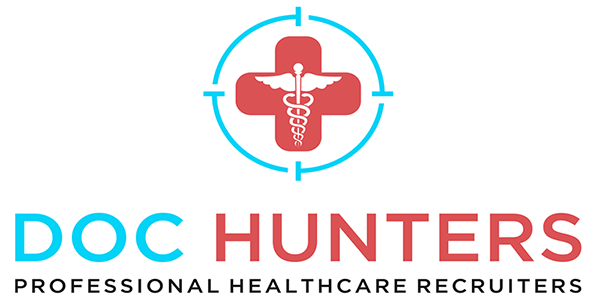Choosing the Right Dental Setting: Private Practice vs. Corporate Dentistry vs. Public Health
Are you a D4 dental student or halfway through an advanced dental program and ready to start searching for the right clinic to begin your career in 2024? Navigating the process of getting hired while in school can be challenging but I know you all have an “idea” of what that perfect first dental practice looks like. As a new dental graduate, one of the most crucial decisions you'll face is choosing the right dental practice setting. Each option - private practice, corporate dentistry, and public health - offers a unique set of pros and cons, making it essential to weigh your preferences and career goals when making this decision.
You also want to be realistic in your expectations. Know your limitations and be willing to learn and accept mentorship from those who have come before you. Enjoy your first few years out of school continuing to learn, improving speed and patient interactions as well as treatment planning, learning the process of how the clinic is run on the “back end” will also provide a different perspective as a provider. The money will be there as you continue to learn, improve, and expose yourself to more complex procedures. First and foremost, embrace patient care and experience, the rest will all fall into place when you find the right place that fits your short-term and long-term goals.
Private Practice
Pros:
· Autonomy: Private practitioners have the freedom to set their own schedules, treatment plans, and office policies.
· Patient Relationships: You can build strong, long-term relationships with patients, leading to a loyal client base. Quality over Quantity!
· Potential for High Earnings: Successful private practices can be financially rewarding.
Cons:
· Financial Risk: In some instances, depending on if the clinic is a startup or established clinic, you may have some financial responsibility for the business aspects, which can entail some risks.
· Initial Costs: Starting your own private practice can be expensive, requiring an initial investment.
· Limited Benefits: Depending on the clinic and if you are starting your own, starting in a startup or an established clinic, you may need to manage administrative tasks, which can be time-consuming. Stepping into a solo-provider opportunity can be rewarding and challenging without mentorship or a coach, you may feel like you are off on an island trying to figure it out on your own all while seeing patients.
Corporate Dentistry
Pros:
· Stability: Corporate dental offices often offer job security and consistent patient flow.
· Lower Administrative Burden: Many administrative tasks are handled by the corporate entity.
· Mentorship and Training: Corporate settings may provide opportunities for continuing education and mentorship.
Cons:
· Less Autonomy: You may have less control over treatment plans and office policies.
· Pressure for Production: Corporate settings can sometimes prioritize productivity over patient care. Quantity over Quality!
· Lower Income Potential: Earnings may be lower compared to private practice.
Public Health
Pros:
· Fulfilling Work: Public health dentists often serve underserved populations, making a meaningful impact on community oral health. You will also be exposed to a variety of procedures, gaining valuable experience.
· Government Benefits: Some public health positions offer student loan repayment benefits. Your benefits package can also be quite robust, and these clinics are government funded.
· Work-Life Balance: Predictable hours and pay as well as less administrative work can lead to a good work-life balance.
Cons:
· Limited Earning Potential: Salaries in public health settings can be, but not always lower than in private practice.
· Bureaucracy: Public health dental clinics may involve bureaucratic challenges.
· Limited Specialization: Opportunities for specialized dentistry may be limited in this setting.
Rural clinics vs. City clinics
One thing we encourage new graduates to consider is working in a rural area for a few years after graduation. We understand that it doesn’t sound as glamorous as working in a big metroplex that may offer more social opportunities than quality dental opportunities. There are a lot of amazing opportunities in areas of the country that an hour+ drive from a large city offering:
· Little competition: there isn’t a dental clinic on every corner for patients to choose from resulting in less loyalty to you as a provider and your clinic
· A strong and established patient base: most rural clinics have been rooted in the area for long term and patient loyalty runs deep with a provider that creates relationships
· Greater opportunity to perform more complex procedures without having to refer them out or share with the more seasoned dentists in the practice
· In some cases, a more robust compensation package in an area where the cost of living is much less than a metroplex
When you see an opportunity in an area that is outside the “city”, don’t dismiss it without considering what it can offer you in experience and income long term.
At the end of the day, the right choice depends on your personal and professional goals. Consider your preferences for autonomy, income potential, patient interaction, and work-life balance when deciding which dental setting suits you best. Many dentists even explore a combination of these options during their careers to gain a well-rounded experience. Regardless of your choice, the dental profession offers diverse and rewarding paths to serve the community and advance your career.
If you are unsure where to start, reach out, we can help.
